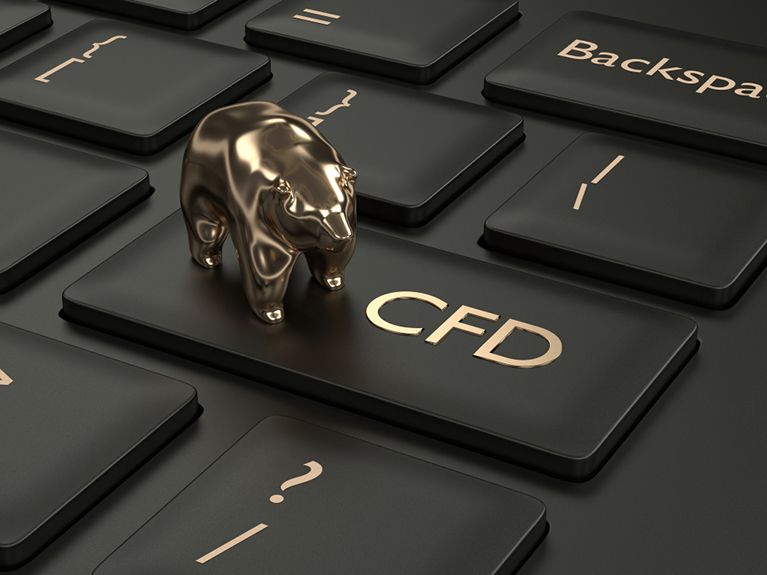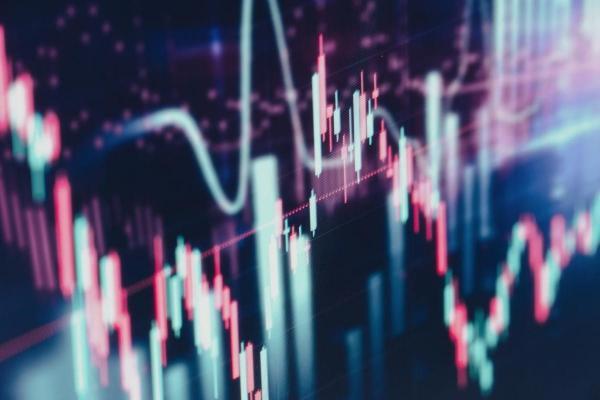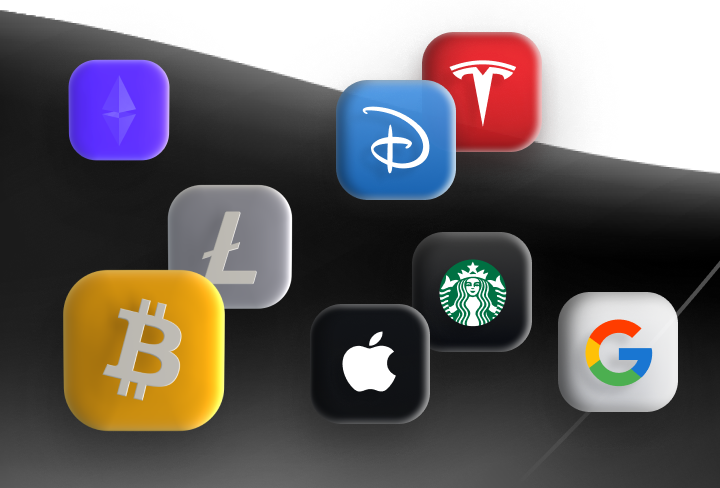CFD trading vs futures contracts: What is the difference?
Contracts for differences and futures contracts are often a point of confusion for new traders, because in essence they appear to be reasonably similar products. While "futures" are generally traded on a stock exchange and CFDs are more commonly traded directly with brokers, the main differences lie in the liquidity and financing of both instruments. CFD orders are more easily completed in practice and have lower entry barriers than "futures" contracts. Of course, both are derivatives, and both provide the same leverage benefits that are common to derivatives in general. A financial derivative is called this way because its value is based on an underlying asset. In case of CFDs and futures the underlying asset is usually a bond, an action, a commodity, etc. Due to the leverage that these tools involve, sometimes people tend to think that CFDs and Futures are risky. But if you approach trading as a business, you follow the processes, do not move away and do not allow your losses to increase. You get out of a losing position, whatever it is you are negotiating. The advantage of all this gear is that your profits multiply, and that is something that every trader wants.
How can you choose between exchanging CFDs and negotiating futures? A futures contract is an agreement to buy or sell the underlying asset at a fixed price on a certain date in the future, regardless of how the price changes in the meantime. The expiration dates apply to futures because this represents the date on which the asset must be delivered at the price agreed upon under the terms of the contract. Commodities, stocks and currencies are examples of markets that offer both CFD and futures operations. Since futures are interchangeable transactions, many traders or speculators who never intend to receive the delivery of the asset can buy and sell futures contracts to benefit from the movements of market prices. This can be done by taking the opposite position of an existing open position before the expiration date. This is known as compensation. On the contrary, a contract for difference does not have a future established price or a future date. It simply contracts to pay or receives the difference between the price of the underlying asset at the beginning of the contract and the price at which it ends when it decides to liquidate the contract and take profits/losses.
An important difference between the two is that futures trading takes place in a centralized open market where all participants can see exchanges, quotes and rates. Investors have a wider selection of instruments in the futures markets, so there are more opportunities to cover positions in relation to the broker, which is the counterpart of the business. In futures trading, the broker is simply an intermediary. In CFD operations, the broker is the effective counterpart of the transaction and quotes prices for both parties in the business. Some people argue that this means that they manipulate prices, but with the tremendous popularity of CFDs and the competition between brokers, in practice you will discover that this should not be a problem.

Spreads are also much higher in CFD transactions in relation to futures operations. However, the fees and commissions charged by companies are lower in CFD operations than in future operations. Both are leveraged products, but futures accounts require higher margins since transactions will be executed with a greater amount of capital.
What may be a problem with futures is the size of the contract that must be negotiated. The futures tend to be traded on the big exchanges and, in general, have large minimum commitments of market participants, since the contracts are designed to be used by investment banks and other institutions. For example, you can exchange five ounces of Platinum with less capital using CFD, while a single futures contract for Platinum represents 100 ounces of Platinum. In this sense, CFDs are much more flexible. Its flexibility also extends to the fact that you can find CFDs in virtually every market, including indexes, stocks, commodities, currencies, etc. Instead of having to have many accounts in different brokers if you want to vary your trading, you will find that you need one or at most two CFD accounts.
Another advantage of CFDs is that it is much easier to open an account to exchange them than to open an account for futures. In general, there is less regulation around contracts for difference, and you can start trading with much less capital.
There are other considerations when choosing between CFD and futures contracts. As mentioned above, both take advantage of your money, which in practice means that your broker charges you interest. However, while with CFDs the interest is charged daily, with the futures, the price is included in the asset. As indicated, the competition for your company should ensure that the fee charged is reasonable, but this is something you should verify. Since CFDs are usually a commercial vehicle, and you do not buy them to keep them for long, the interest is usually not high enough to be a problem. In the same way there is the option to keep them for a little more time if the price needs to oscillate. When you change a future you may not have the luxury of having enough time for this to happen.
Knowing the nuances and the pros and cons of the different trading instruments is essential to build a solid portfolio, and while futures and CFDs have several notable similarities, it is important to remember that they are fundamentally different products that can be more readily available. closely to specific commercial scenarios.
We at Libertex hope you will find this article useful. We invite you to try CFD trading with a free demo account, without any risk at all!
Why to trade with Libertex?
- access to a demo account free of charge
- technical assistance to the operator 5 days a week, 24 hours a day
- leverage up to 1:500
- operate on a platform for any device: Libertex and Metatrader 4 and 5
- no commissions for extractions in Latin America




